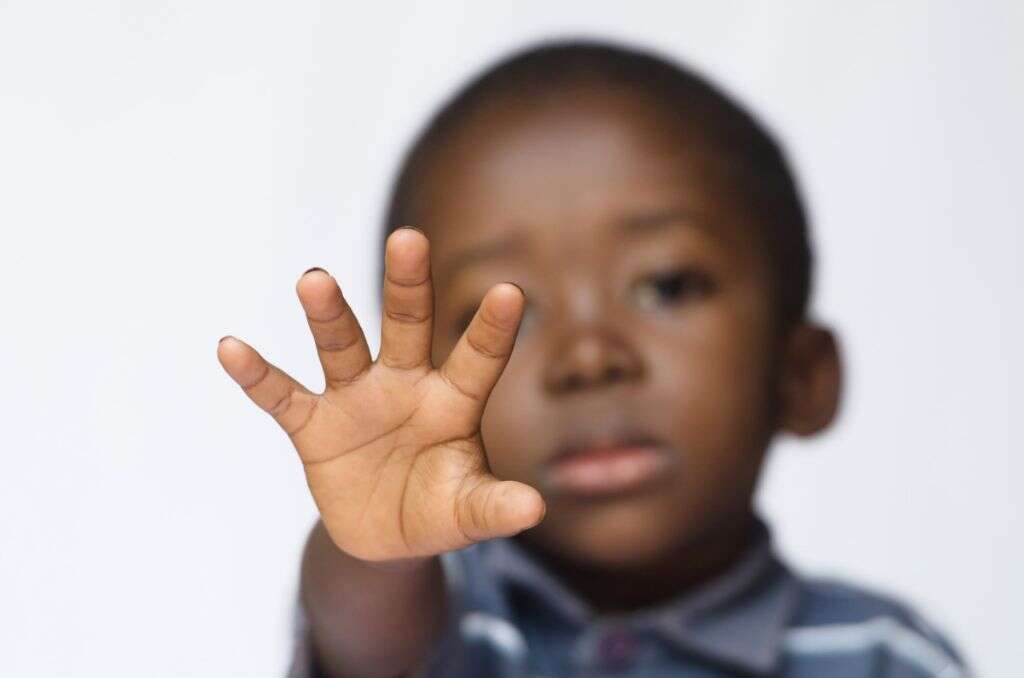What Is Dissociative Disorder?
6. What Are the Risk Factors?
The risk factors associated with dissociative disorder have to do with significant trauma. Children who are sexually, physically or emotionally abused during childhood are at risk for developing dissociative disorders later in life.
People who experience other types of traumatic events are also at risk. These types of events can range from kidnapping to war and torture to natural disasters. In these cases, both children and adults are vulnerable to developing the condition.
Advertisement












